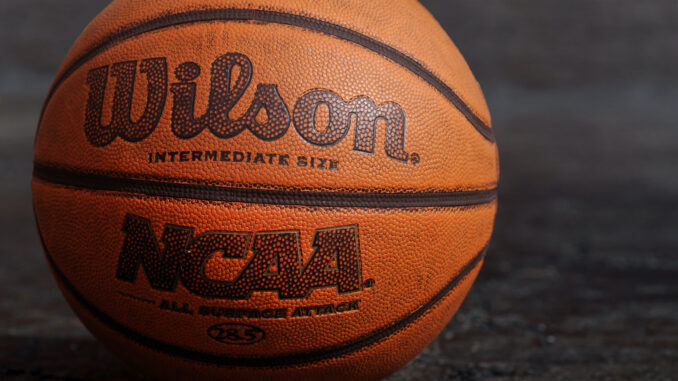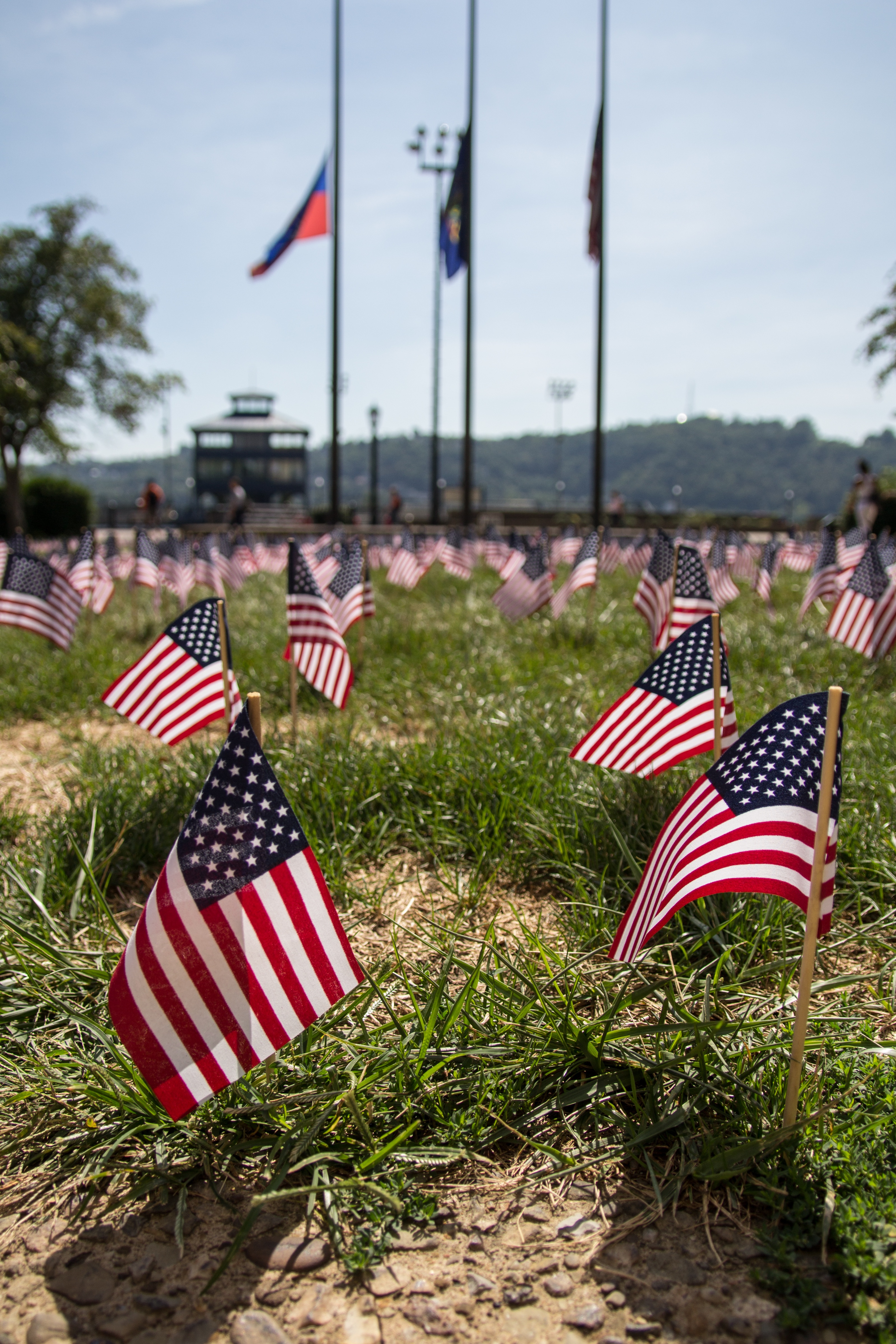
03/25/2021
Noah Wilbur | Opinions Editor
Since the emergence of COVID-19, professional and college athletes have used their platforms to address racism and inequality in the United States, while also making their voices heard by demanding social and political reform.
Beginning with the Black Lives Matter protests during the last season of the NBA, these efforts are now trickling down to the college level as a growing number of students are raising the alarm about the unfair treatment they’ve been subject to over the years. The problem at hand is that they are not seen as people, but rather as a tangible asset that provides monetary value to the NCAA. Although considered an asset, the players themselves are unable to benefit from their image or likeness.
Several college athletes have taken to social media to speak up about the issue, using the hashtag #NotNCAAProperty to voice their opinions. This movement was originally started by a small group some time ago, but it has now exploded into mainstream media as an organized coalition focused on demanding immediate action for an act of injustice that has been overlooked for years.
Players believe this hashtag accurately describes their pent up unrest, that is now boiling over, on account of the NCAA neglecting their “rights” and only viewing them as dollar signs. The group’s current leader — Isaiah Livers from the University of Michigan — recently brought the movement to center stage by wearing a “#NotNCAAProperty” t-shirt during a March Madness game last week.
Since Livers’ bold statement on live television, the president of the NCAA, Mark Emmert, publicly announced that he will meet with players after the completion of the tournament.
Although this is certainly a step in the right direction, many student athletes are expressing disappointment over Emmert’s decision to delay the meeting another two weeks, arguing that he is failing to take seriously genuine and legitimate concerns.
In fact, in an ensuing letter to Emmert, Livers, Rutgers’ Geo Baker and Iowa’s Jordan Bohannon went as far as to ask, “Can you please explain what you will be doing over the next two weeks that is more important than addressing these matters?”
According to Livers, the group will indeed take short-term action to respond to Emmert’s negligent actions, only further adding fuel to the fire. These developments are exciting for college sports, but at the same time, quite nerve racking as there is no telling what direction this conflict will follow.
In my opinion, after years of giving their blood, sweat and tears into sports only to participate for free, it is exciting to see players not only demanding the change that they so deserve, but also for the future generations of college athletes to come.
The truth of the matter is that the #NotNCAAProperty movement still has a long way to go, and many obstacles to overcome, before any long-lasting transformation of the existing system is actually accomplished.
It is in the best interest of the players, as well as the NCAA, to take into account these concerns. If the NCAA continues to ignore what is right in front of them, then it will undoubtedly lead to further conflict that might potentially change the face of college sports as we know it.
I urge the NCAA to consider and quickly act on the #NotNCAAProperty message, rather than disregarding it and continuing to treat student athletes like walking $100 bills.




